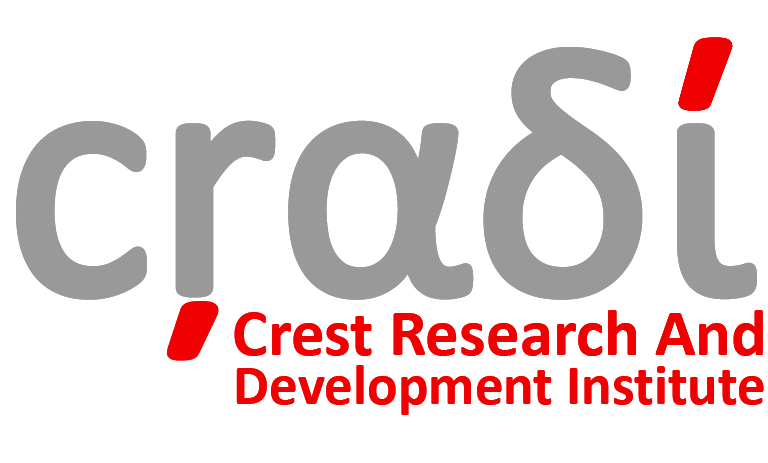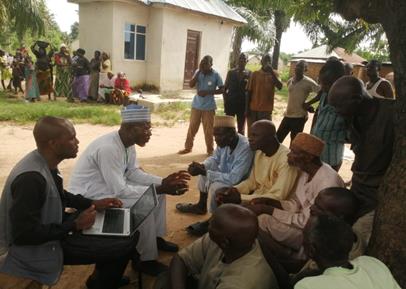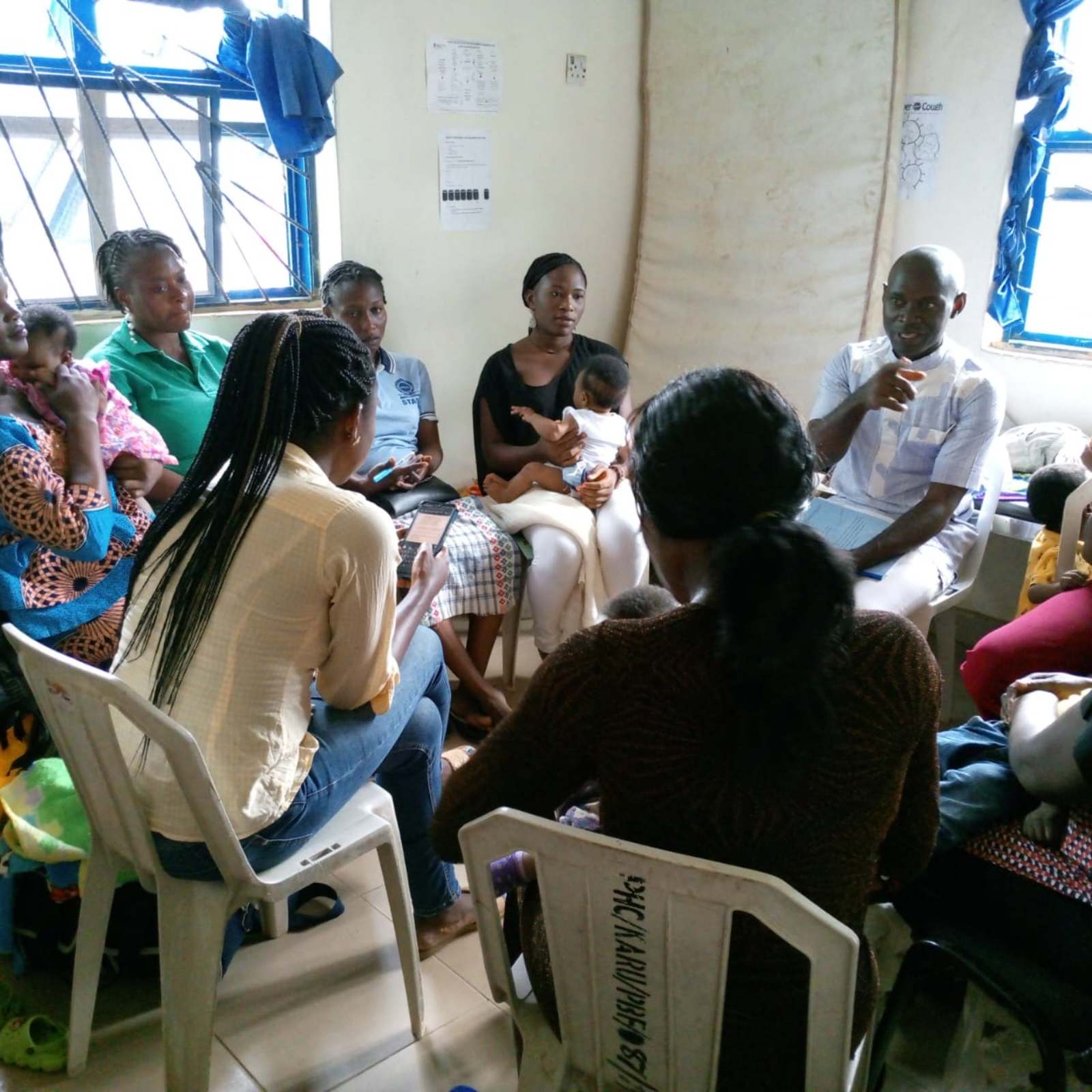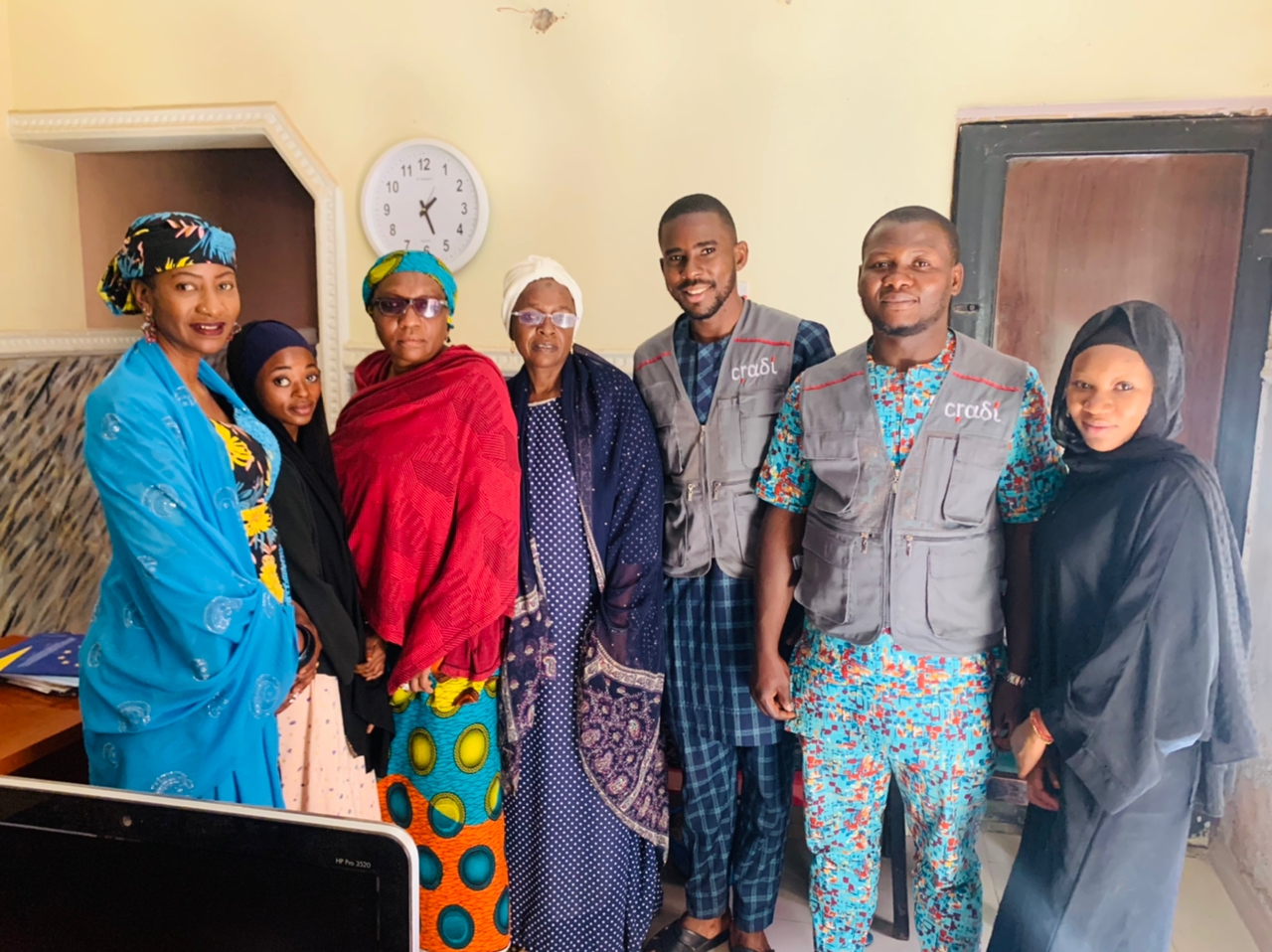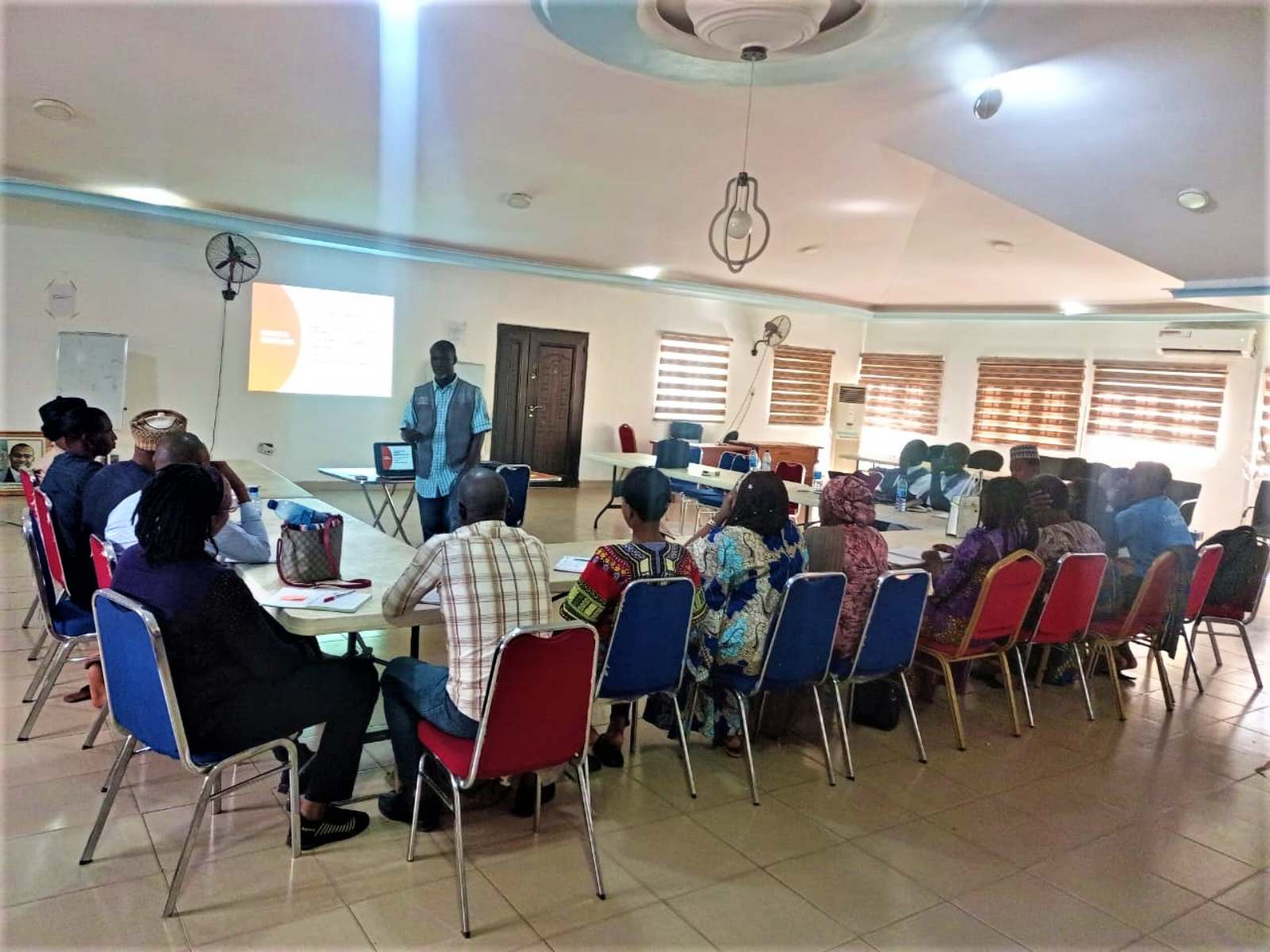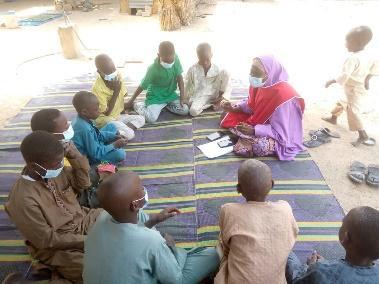The project is part of Christian Aid's Global Climate Change and Sustainable Energy Programme (CCASE). Extreme climatic events, such as floods, droughts, and desertification, have reduced the size of arable lands, significantly impacting agricultural productivity.
Portfolio
Some of Our Projects
Technical Advice Connect LTD/GTE (TAConnect), with support from the Bill and Melinda Gates Foundation, responded to promote sustainable improvements in State Primary Healthcare (PHC) systems' performance, Group Antenatal care (G-ANC), and increase the uptake of Reproductive, Maternal, Newborn, Child, and Adolescent Health and Nutrition (RMNCAH+N) services.
The program involves a combination of virtual and in-person training, mentorship, and grant opportunities for Nigerian and Sudanese journalists. The key activities include online workshops and in-person training for journalists, mentored reporting on religious freedom stories, reporting grants, and the promotion of featured stories in major African media. Additionally, the program trains top performers from Nigeria to plan coverage of regional issues in religious freedom, fostering cross-border cooperation.
SfCG Nigeria is implementing a 36-month project with an overall goal to empower actors to prevent and address conflicts along religious lines and advance FoRB in Nigeria. The program employs a national scope of implementation that engages key actors at the National level and across the 6 geopolitical regions of Nigeria.
Launched in November 2019, the Promoting Local Response Capacity and Partnership (PLRCAP) initiative aimed to provide institutional strengthening to local and national organizations working in the humanitarian response in Northeast Nigeria.
In response to the protracted conflict that continued to impact boys, girls, women and men in Northeast Nigeria and building on the premise of different studies and assessments of the aftermath. Save the Children initiated a gender-responsive nutrition (integrated with WASH) and protection project to reduce suffering, increase and maintain human dignity, and save lives among girls, boys U5 and PWL/Gs in Jere, Konduga and Mafa LGAs in Borno State.
